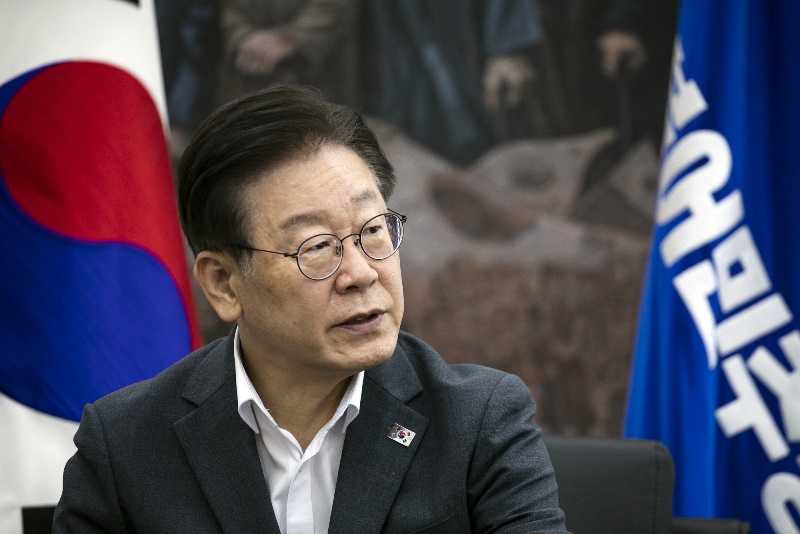South Korean President Lee Jae Myung commenced a significant official visit to Japan on Saturday, marking his first trip to the neighboring nation since assuming office in June. The central agenda of his summit meeting with Japanese Prime Minister Shigeru Ishiba is to reinforce bilateral security cooperation, particularly within the framework of the trilateral pact that includes the United States. This coordination is seen as vital ahead of President Lee’s subsequent meeting with U.S. President Donald Trump in Washington.
The visit occurs amidst underlying tensions stemming from Japan’s 1910-45 colonial rule of the Korean Peninsula. President Lee’s liberal victory, which followed the impeachment of his conservative predecessor, had initially raised concerns in Tokyo about a potential cooling of relations. These concerns were amplified last week when Seoul expressed “deep disappointment and regret” over a visit by Japanese officials to a war shrine viewed by many Koreans as a symbol of wartime aggression.
Despite these historical friction points, both leaders have expressed a commitment to strengthening ties. Their meeting follows a previous discussion on the sidelines of the G7 summit in June. The drive for closer collaboration is largely motivated by shared strategic interests. As key U.S. allies, both nations host a significant American military presence and rely on Washington to help counter China’s expanding regional influence and the threat posed by North Korea.
The bilateral relationship extends beyond security. On trade, Japan and South Korea have found common cause, having both agreed to 15% tariffs on U.S. imports after facing threats of steeper duties from the Trump administration. This alignment, coupled with the urgent need for a unified security front, underscores the delicate balance both countries must maintain between addressing historical grievances and pursuing present-day geopolitical and economic necessities.














